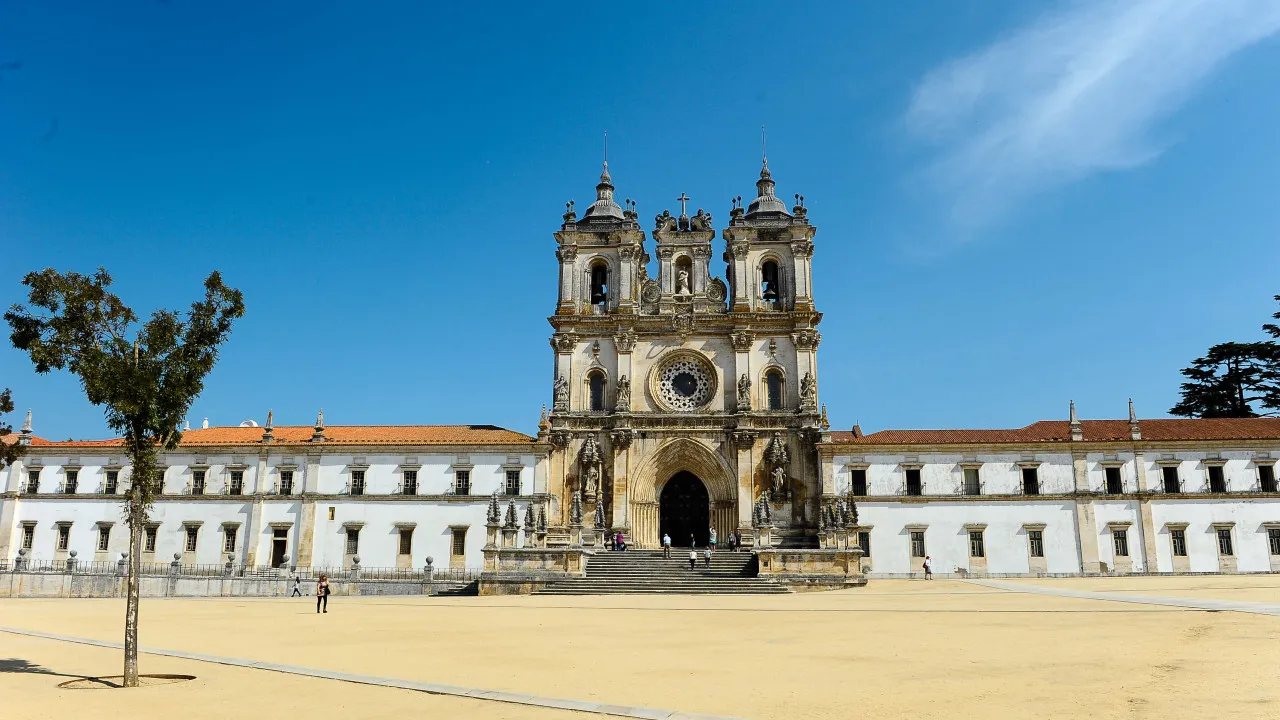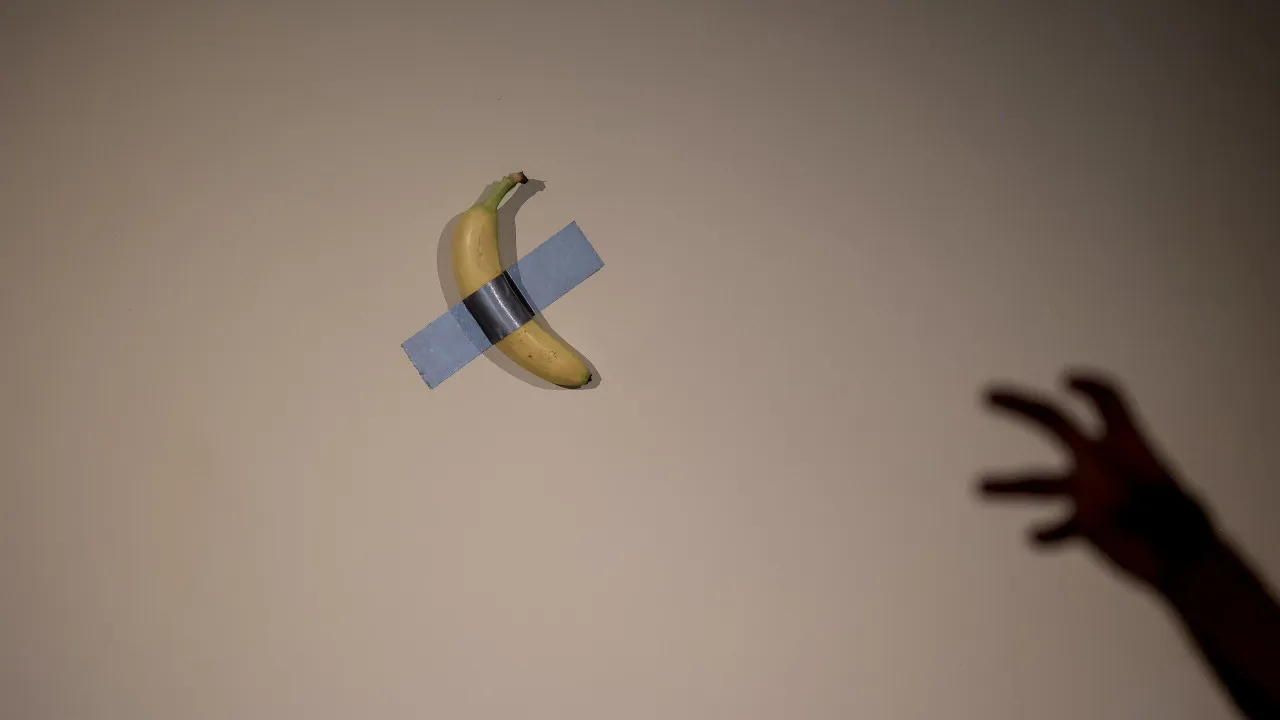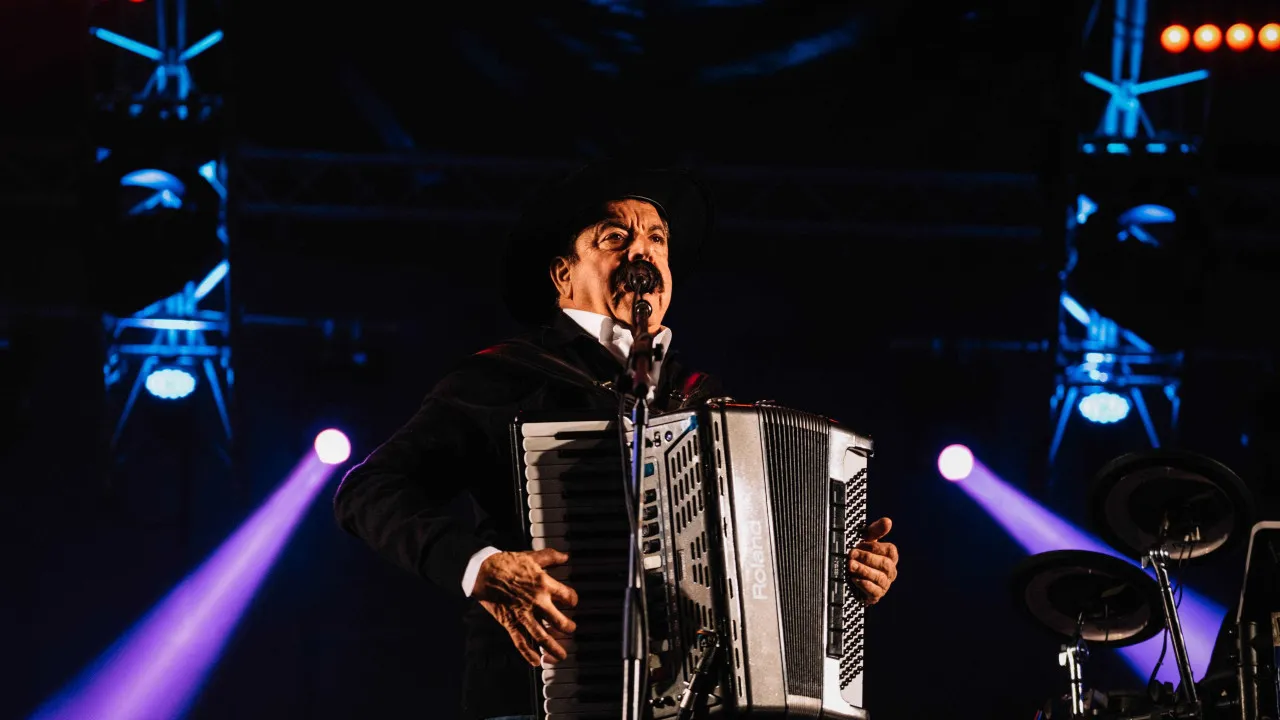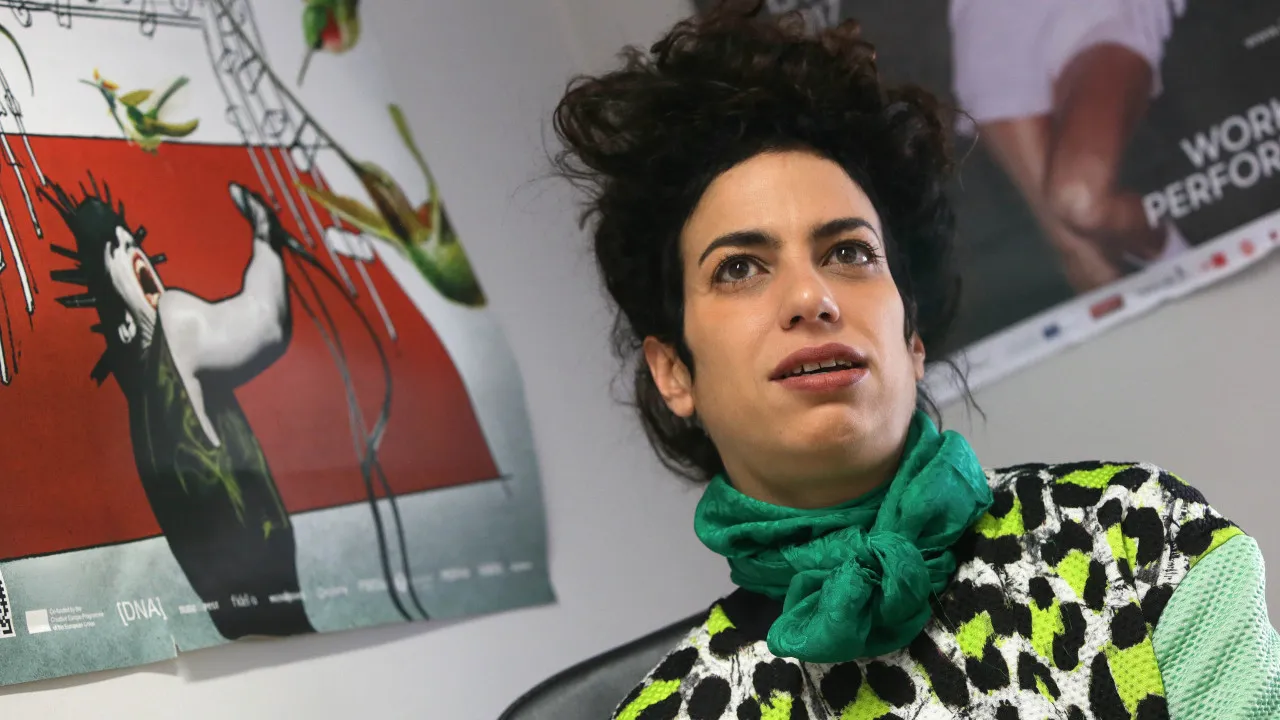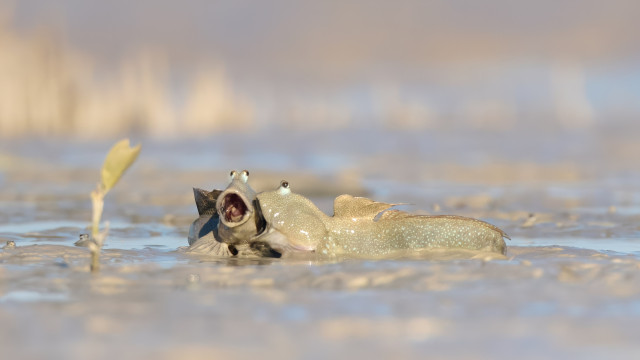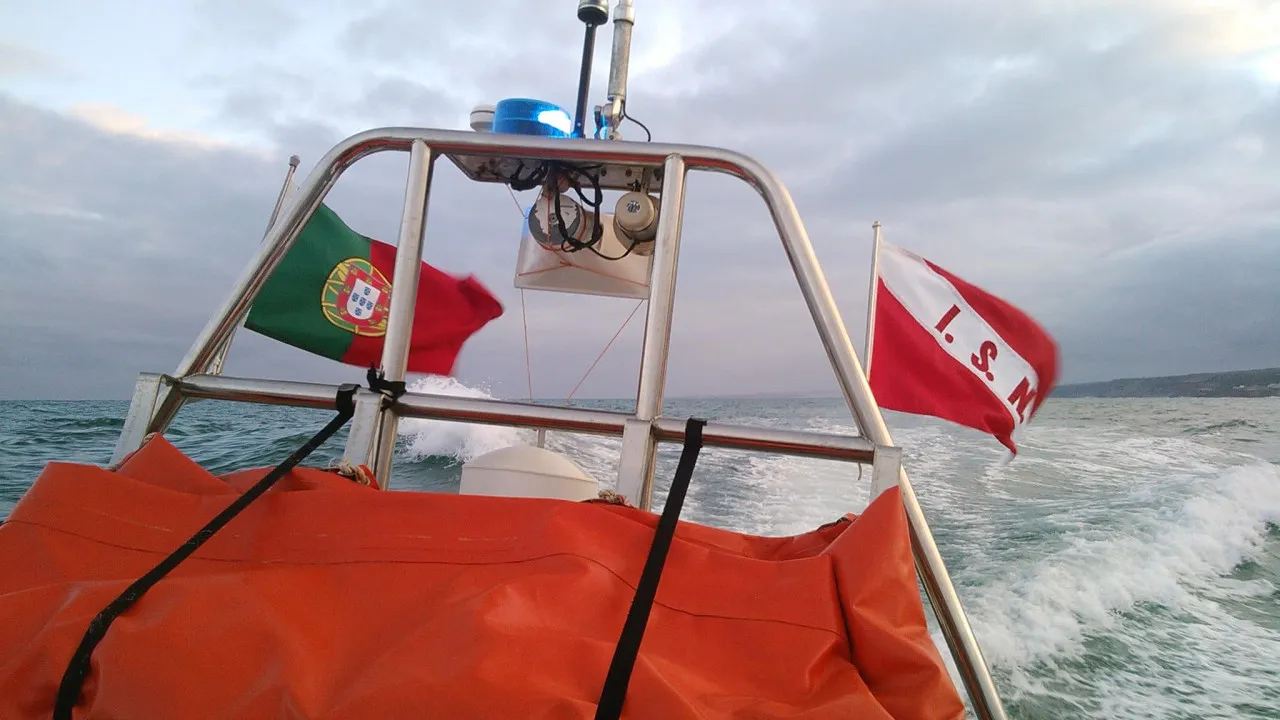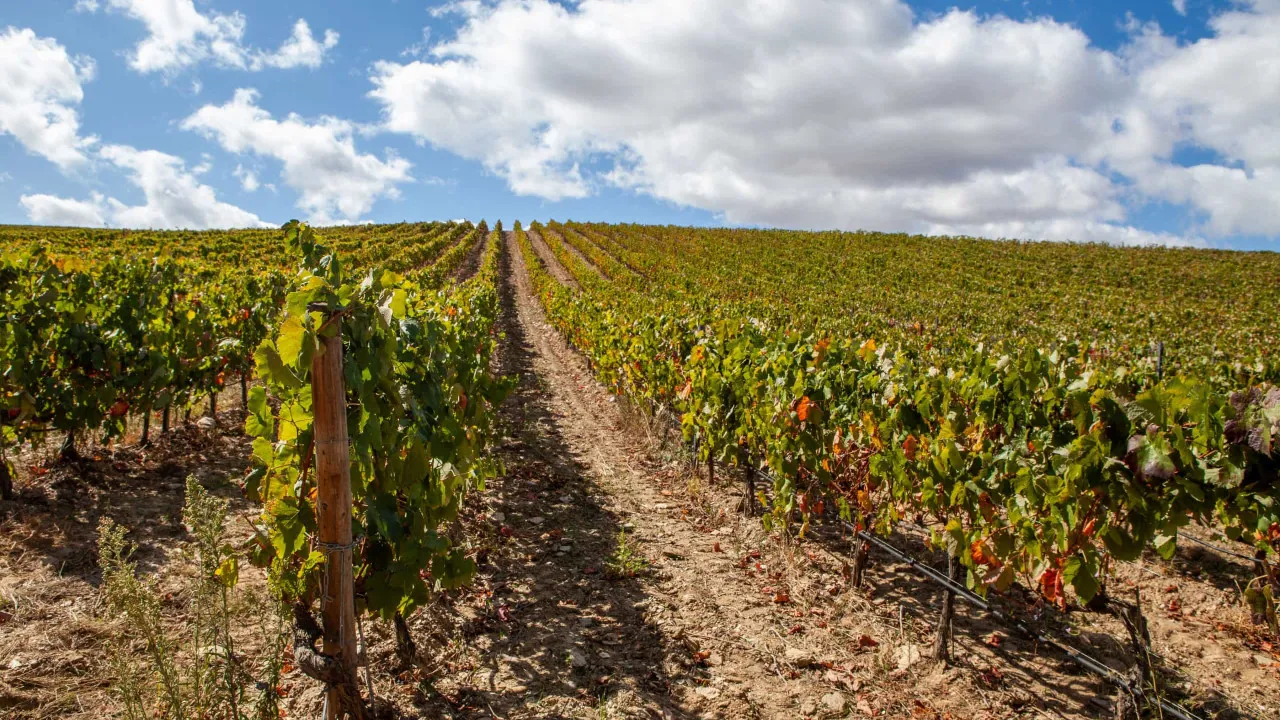Five years after her debut, with Antwerpen, Surma is back with a new work: alla, in lower case. Released in December, the second work of originals reflects on themes such as androgyny and bullying.
What does this alla want to tell us?
It’s a very autobiographical work. I’ve never really exposed this more vulnerable and personal side before, but now is the right time, five years after the last album and after we’ve been through a pandemic. And the pandemic gave me time to think about what I wanted to be both as a person and as an artist, and to explore themes like androgyny or the bullying that I suffered as a kid, and that many kids and adults suffer today. It made sense for me to go to that more autobiographical side, and maybe at the time of the previous album(Antwerpen) I wasn’t mature enough for that.
Musically, is this album very different from the previous one? I’ve said in other interviews that this was a work with more color.
Yes, much more color, even though they were more personal and heavier themes. Basically, the music served as an outlet, but the fact that it was more colorful happened automatically. I didn’t want a form like Antwerpen at all in terms of composition. I didn’t think much about what I was going to do, I had an aesthetic image and two very raw demos, but they didn’t define any musical genres of what alla could be. Then I went into the studio with Rui Gaspar, the producer who usually works with me, and we saw what was coming out.
“Pandemic gave me time to think about what I wanted to be as a person and artist and to explore themes like androgyny or bullying.”
Does the creative process involve thinking first about aesthetics and then about music?
Yes, it is very strange. I usually say that when I’m composing in the studio the music comes second, which is very strange, because I’m composing an album and not making a painting. In this work I got a lot of inspiration from books and literature. I read a lot during the pandemic, it was my biggest inspiration. In fact, I get my inspiration from what is around me and not from the music I listen to, because before going to the studio I try not to listen to music so as not to influence me. But theater, cinema, literature are the areas that inspire me the most. This record was also an attempt to create a soundtrack of the books I read. One of them, and the one that inspired me the most, was Saki’s Tales.
There are several participations in this work: Ana Deus, Angélica Salvi, Selma Uamusse, Noiserv, among others. Were the songs written with them in mind?
No, on the contrary, I wanted the participations to serve to spread their world in my music. Some brought Mozambican influences, others jazz influences, others punk or techno.
How can you define Surma in musical terms? Is she categorized in the independent (indie) genre, electronica, or something else?
I get asked that question a lot… I don’t want to get into labels, and I don’t really know how to define what I do. It’s a mixture of several things, of several inspirations, from punk to metal or rock, I listen to everything. For this new work I’ve been told it’s hard pop, maybe… It’s a label I’ve never heard of before, maybe it’s ambitious…
This mixture of styles, a mix, where you feel good, has to do with your jazz training at Hot Clube de Lisboa?
It helped me a lot to create in more theoretical terms, even though I don’t care much for theory in music, but jazz helped me to define what I’m going to do in each structure and in terms of composition. I don’t like to make a song that is verse, chorus, verse, chorus. But in practical terms, I don’t have a specific formula to create.
Surma is Débora Umbelino’s stage name or alter ego. Are they very different from each other?
Surma is the very essence of Deborah, and it is very strange to speak in the third person (laughs). I am very different today from when I started performing as Surma, I am much freer and more sure of myself. Taking on a character was always my goal. Surma was always an outlet to be myself without thinking about what others think.
The name Surma has a history.
Yes, the Surma are an indigenous people from Ethiopia who don’t care about material goods and live life in the moment, who create a lot of human connections, have a great communion and feeling of sharing. And when I created the project I wanted it to be more than just music. I would love to spend a season with them and learn more.
What was left from the experience at the Song Festival in 2019?
I learned many things…television and prime time. RTP has done an unbelievable job since Salvador Sobral won the Festival by inviting emerging bands and musicians. It was an experience that elevated me on all levels. And in this new job I’m putting into practice things I learned at the Festival. Like doing stage design to my liking, having my own color team, dancers, make-ups, stylists, etc. Just being on TV gave me a great experience for what I’m doing now. It was nice to be among friends in something so serious. And it was a first challenge singing in Portuguese, because I had never sung before. And I never in my life thought I would make it to the final. It was a fantastic experience. I would repeat everything.

(Leonardo Negrão / Global Imagens)
He was born in Leiria. Despite sounds with some urban influence, I know that Leiria is an elected place for the composition…
Yes, I understand the urban part because my sound is chaotic, but it also takes a lot from my country roots. I compose a lot of things in Lisbon, but it’s there, in Leiria, that I go to finalize the demos and it’s there that I have enough time to recreate what I do before.
And speaking of Lisbon, how do you feel the city in terms of creativity?
The art made in Portugal is going through an unbelievable phase, and not only in music, but also in painting, cinema, theater, etc. I think Lisbon has many talented people who are inspired by each other. For example, Dino (D “Santiago) and Selma (Uamusse ) are the people who most inspire me in exploring traditional African rhythms for a more conceptual world. And it’s not only in Lisbon, it’s all over the country. Ana Lua Caiano or Bandua are connecting traditional Portuguese song with more experimental electronics. For the last four years, art has been growing a lot in Portugal.
And have there been interconnections, collaborations, between the different artistic areas?
Yes, I feel that. A few years ago everyone was in their own bubble, but now you can see that there is a willingness to interconnect the different areas. I have worked with theater, cinema, and fashion. I really feel that sense of sharing. Maybe literature is where I feel some unity is still lacking. But it has been an unbelievable path.
Being that this path is unbelievable, are there also difficulties?
Portugal is not an easy country for the creative medium! Starting with the State Budget, but I don’t want to go there. I remember working with a French actress who told me that in France there are contracts and health insurance for artists. You only have to work X number of hours per month to get a salary. In Portugal it is very difficult to make a living from art, and we could talk about it all day long, I think it’s a cultural problem. However, we are improving a lot in the curiosity for new things, people are very curious.
And who is Surma’s audience?
Good question… I don’t know. I’ve seen 70-year-olds and 10-year-olds at my concerts. But it really depends on the venues where I’m playing. Facebook tells me they are between 25 and 40 years old.

